Royal Veterinary College, University of London
- Collège international
- Université
- Collège
- Écoles privées mixtes
- Plein Temps
- Temps Partiel
- Hybride
- anglais
À propos de Royal Veterinary College, University of London
Le Royal Veterinary College a été fondé en 1791 et est l'un des plus anciens collèges vétérinaires au monde. Le collège forme des milliers d'étudiants venus des quatre coins du globe et a connu un succès significatif dans les domaines de la recherche et de l'éducation vétérinaire. De nombreux vétérinaires et chercheurs renommés sont des anciens élèves de cette institution. La philosophie éducative du collège se concentre sur la fourniture d'une éducation de haute qualité par le biais de l'expérience pratique et de la recherche scientifique. Les méthodes d'enseignement uniques incluent l'utilisation de technologies modernes et d'approches variées, permettant aux étudiants de développer des compétences en pensée critique et de se préparer aux défis du monde réel dans la pratique vétérinaire. Le Royal Veterinary College apporte une contribution significative au système éducatif tant au niveau régional que mondial. Grâce à de nombreux projets collaboratifs et initiatives de recherche, le collège établit des normes élevées dans le domaine de la médecine vétérinaire et maintient sa réputation en tant qu'institution leader dans ce domaine. Les principaux objectifs du collège incluent le développement des compétences de pensée critique des étudiants, leur préparation à la pratique professionnelle et l'atteinte de postes de leadership dans le domaine de la médecine vétérinaire.
PlusLoading...
Conditions d'admission en Royal Veterinary College, University of London
Pour postuler au Royal Veterinary College, plusieurs étapes doivent être suivies. Les candidatures sont soumises via le système UCAS. Les examens requis comprennent les A-levels ou équivalents (mathématiques, biologie et chimie). Il y a également des exigences en matière de langue anglaise pour les étudiants internationaux. Examens requis : A-levels (ou équivalents, tels que l'IB), IELTS/TOEFL pour les étudiants internationaux. Âge minimum : 16 ans. Processus de candidature : Les candidatures sont soumises par l'intermédiaire d'UCAS. Les frais de candidature s'élèvent à 20 £ pour un programme et 26 £ pour plusieurs programmes. La plateforme est UCAS. Qualifications éducatives : Les A-levels ou équivalents (IB) sont requis. Documents requis : Lettres de recommandation, résultats de tests, relevés de notes. Exigences pour les étudiants internationaux : La maîtrise de l'anglais doit être d'au moins 6,5 à l'IELTS ou équivalent. Conditions financières : Il est nécessaire de confirmer la disponibilité de fonds pour étudier et vivre au Royaume-Uni. Délais de candidature : En général, de septembre à janvier (les dates exactes doivent être vérifiées sur le site Web). Test ou entretien : Des entretiens peuvent être réalisés pour les candidats avant leur entrée à l'université. Qualifications ou expérience : Une expérience dans le domaine vétérinaire sera un avantage. Notification des résultats : Les candidats sont généralement informés des résultats via le portail en ligne UCAS.
PlusQualification minimale pour l'admission à Royal Veterinary College, University of London
Le score minimum pour le niveau A est de 3 C, la note globale du programme est de 5.
Perspectives après l'achèvement de la formation dans Royal Veterinary College, University of London
Les diplômés universitaires ont de grandes chances de trouver un emploi dans des cliniques vétérinaires, des institutions de recherche, des entreprises agroalimentaires et d'autres domaines connexes. De nombreux diplômés poursuivent également leurs études dans des cycles supérieurs ou s'engagent dans la recherche scientifique.
Titre | Âge | Période |
|---|---|---|
| Fondation Internationale (anglais) | 17+ | 1 année |
| Bachelor's Degree program in English | 18+ | 2 ans |
| Master's Degree program in English | 21+ | 2 ans |
| Licence de Soins Vétérinaires | 18+ | 3 ans |
| Licence de Médecine Vétérinaire | 18+ | 5 ans |
Laisser un avis
Loading...

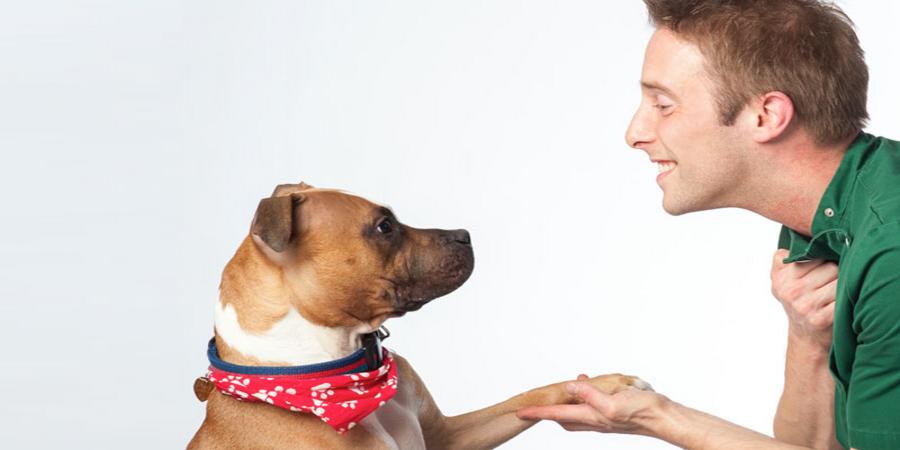
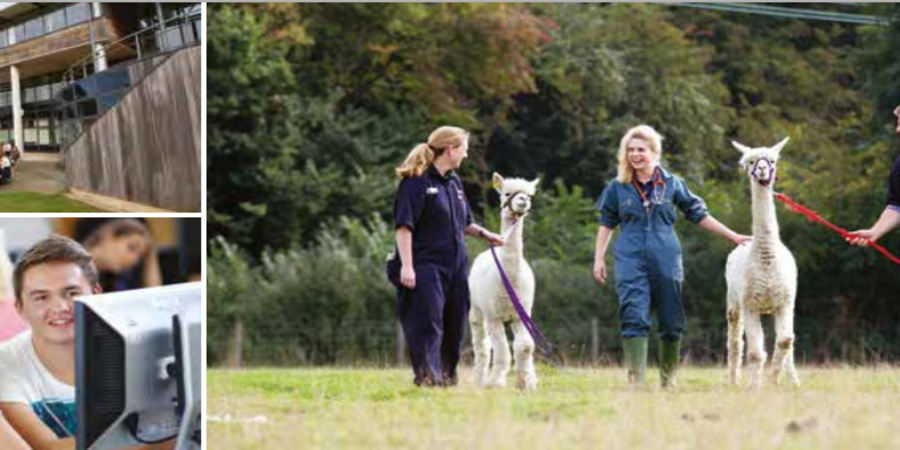
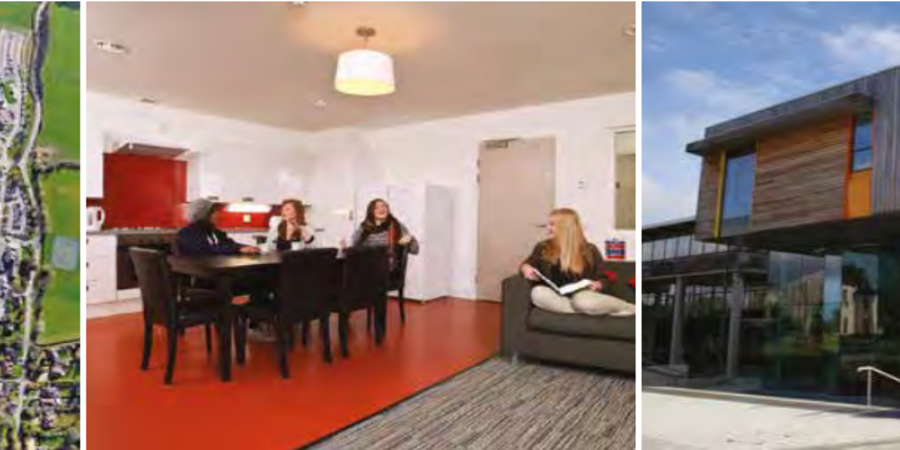

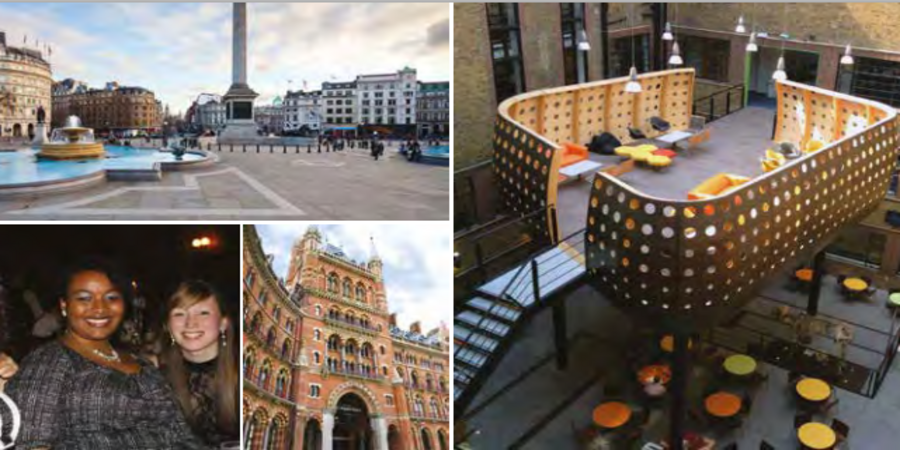

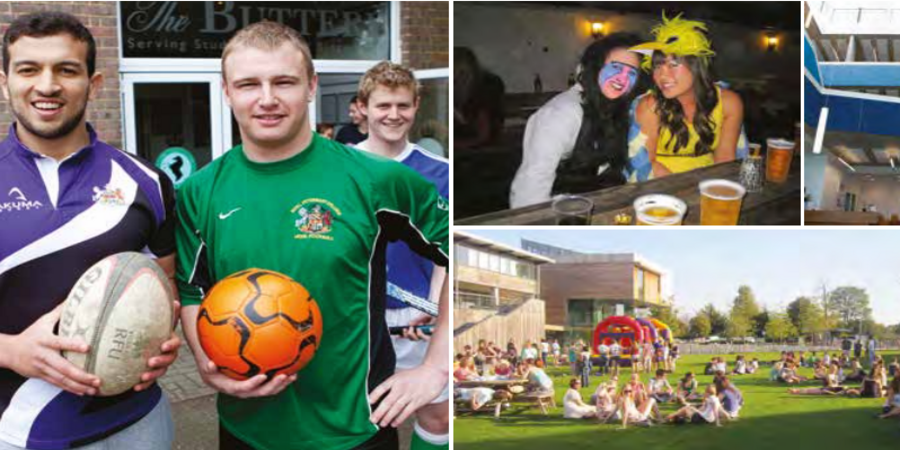
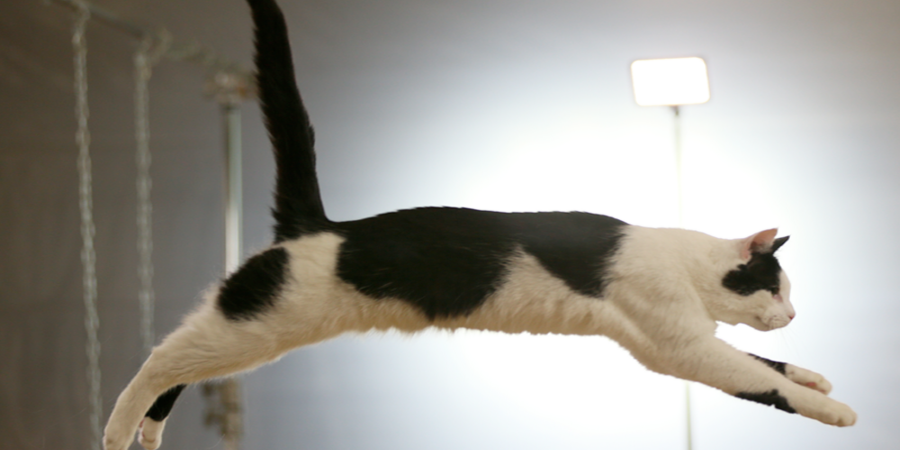






Avis
Good afternoon! I think it necessary to write a review about my college, because the direction is specific and not so demanded, therefore it is difficult to find decent information. I study in London at the Royal Veterinary College on a Bachelor's program. I am very pleased with the organization of the trip from Smapse. This institution, I confess, caught my eye accidentally, but I always wanted to work with animals (parents had a farm, so since childhood I was familiar with it). I know that abroad a veterinary is a very necessary profession, in demand and paid well. I thought it would be great to combine my interests with a good diploma and the opportunity to study abroad. Of course, it was difficult to enter. With Smapse we have been preparing for 3 years: preparatory courses, IELTS exam (universal test for knowledge of English - without it foreigners aren't accepted), academic English, collection and translation of documents. I needed a Foundation program + to take an academic semester (it's convenient to get used to the local educational system and to bring up English), I did everything in London. Of course, it's more expensive here than everywhere else, but the city wins from the first trip - believe me, if you like London, you definitely will not want to leave it. Studying is complicated, yes. You will not be engaged - you will lag behind, learn everything more long and eventually you can be expelled, but nobody needs this (after so much money and effort). Still I can not say that I know English fluently. Separately I want to mention great teachers! You don't want to leave them as you have a lot of joint practices, excursions, trips, a lot of laboratory work. But the subordination is absolutely clear, yes, plus the British are quite closed people. But I have enough, I try to get the most information from communication with someone who is smarter than me. After 2 years stuyding - I hope, all will go gradually even better, the diploma will be with good points, and I will find a job here. In terms of employment of foreigners, Britain is very skeptical, but the diploma of such a good university, I hope, will raise my rates.
Lire en entier